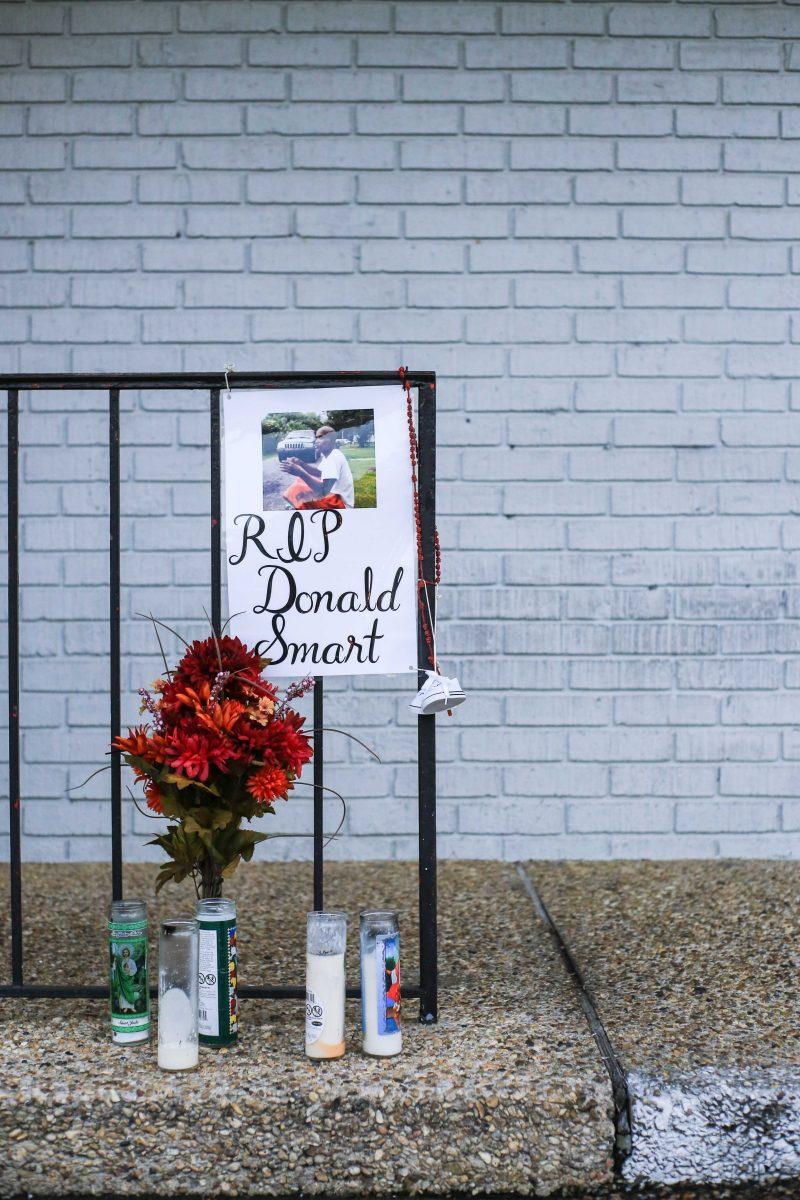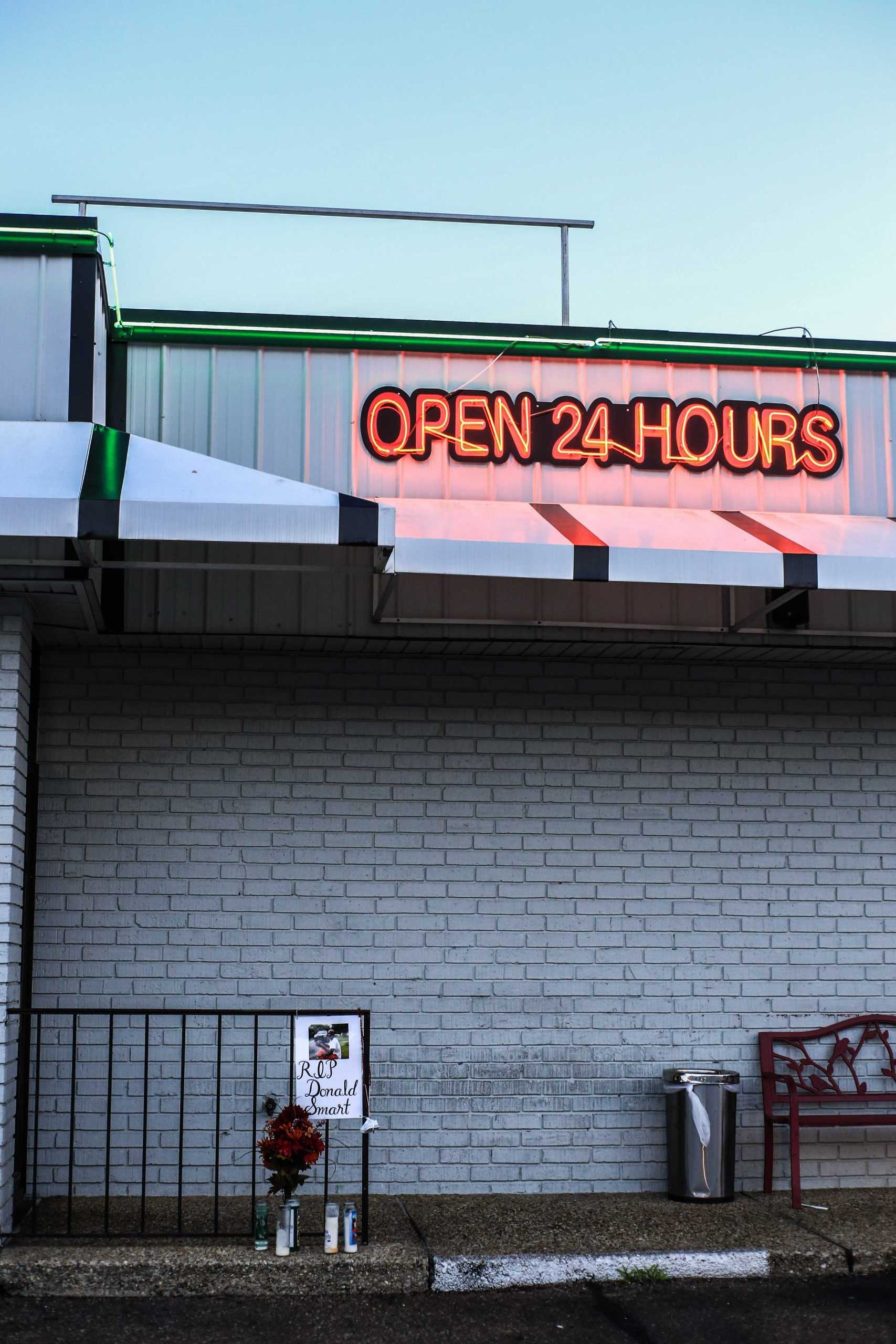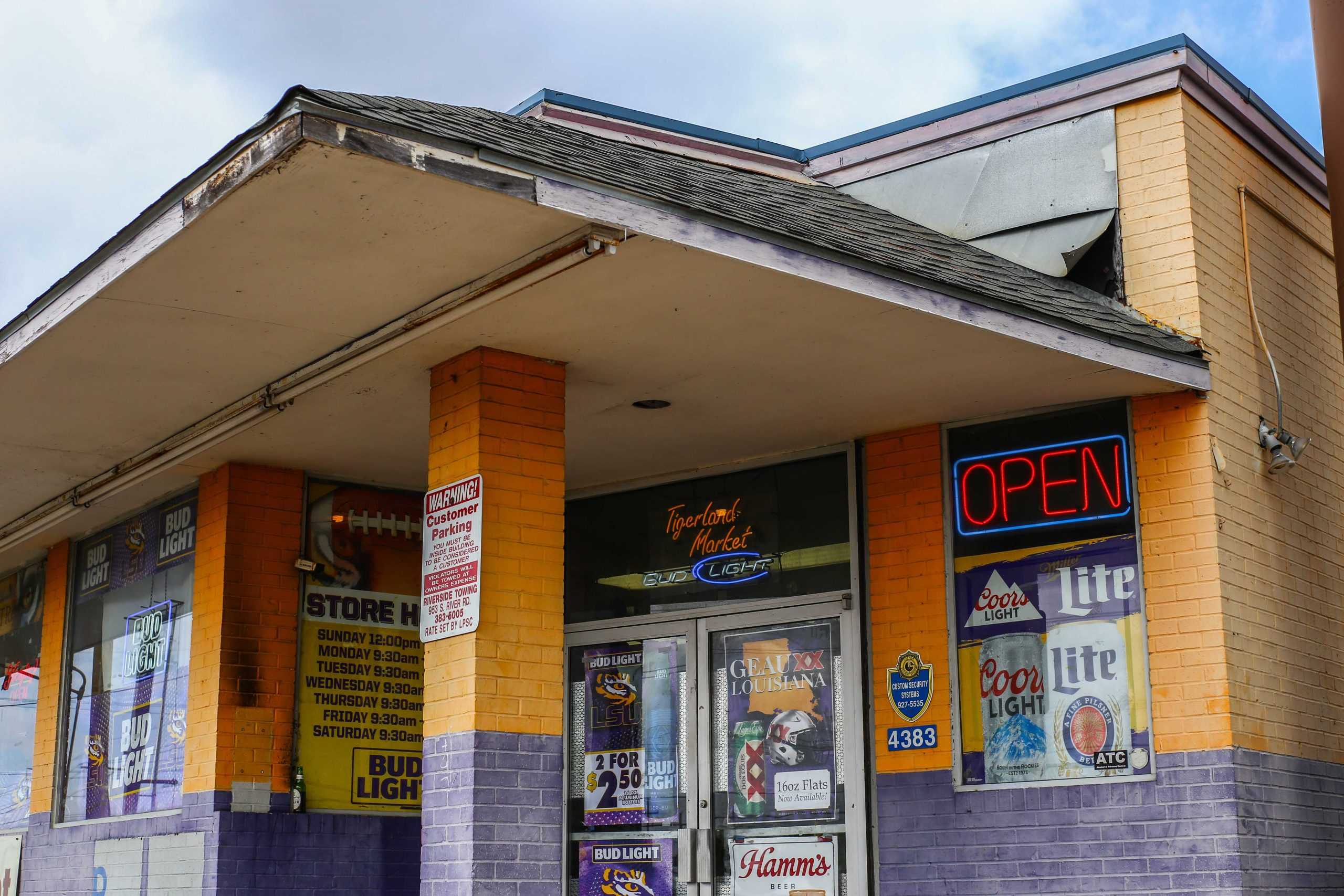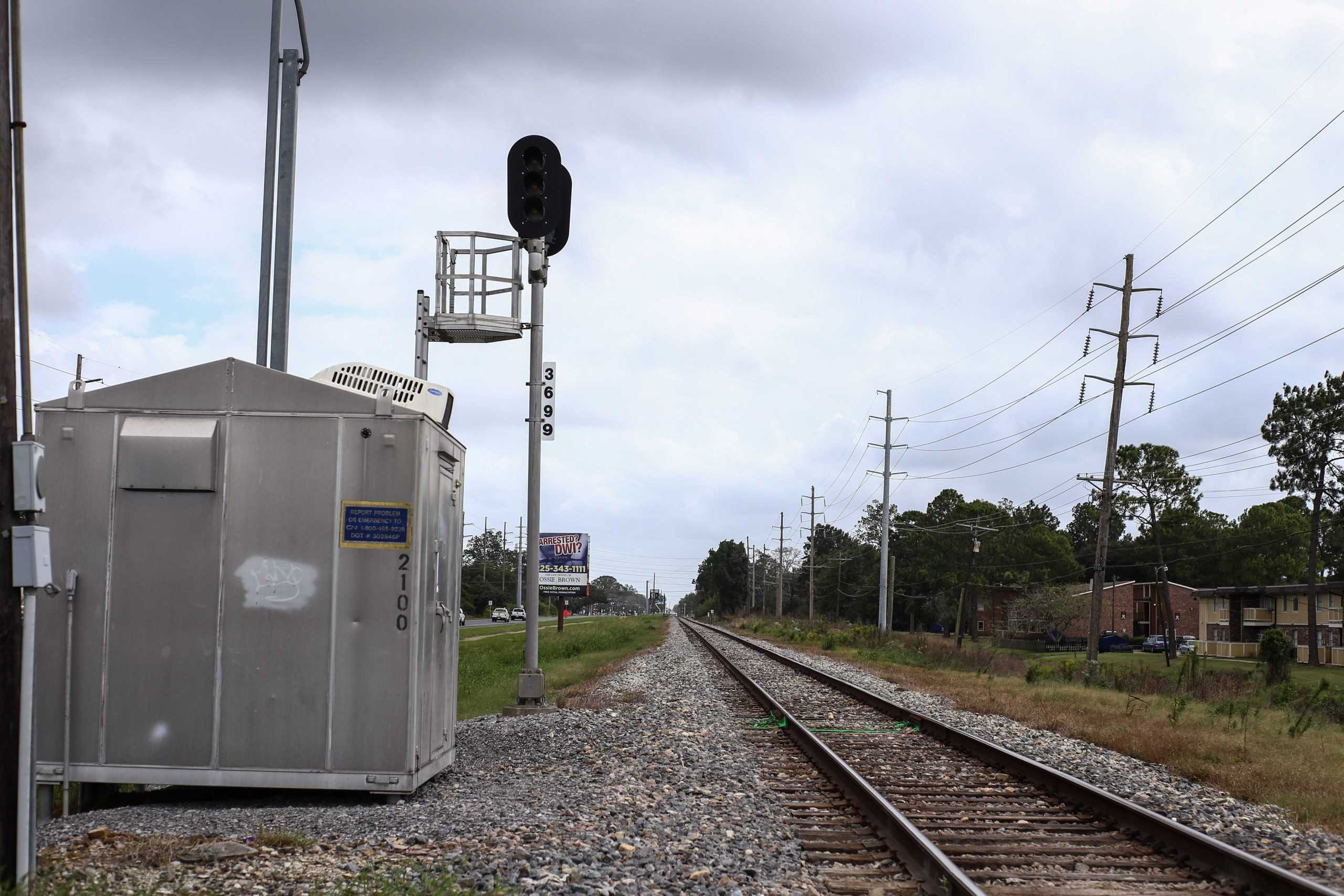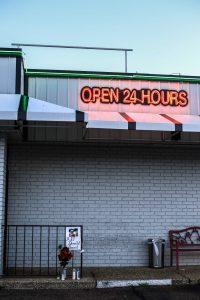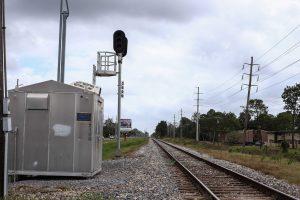Louisiana remains as one of the highest murder rates per capita in the country. On Sept. 14, two pedestrians were fatally shot, bringing East Baton Rouge Parish’s number of homicides to 73—just this year.
A 23-year-old white male has been arrested in the slayings of two black men and accused of shooting at the house of the only black family on his block, according to the Advocate. East Baton Rouge Parish District Attorney Hillar Moore III said that the summer “has been brutal,” but hopes that the numbers represent “just a peak and not a trend.”
Of the top ten rates of black homicide victimization in the country, Louisiana comes in 5th place. POC are five times more likely to be killed by homicide in any state in the country, according a 2012 analysis by the Violence Policy Center.
Black homicide defendants in Louisiana are more likely than whites to face a death sentence in cases in which their victims are white, according to a Northeastern University study. With this systematic flaw and the recent shootings near LSU’s campus in mind, students have been processing what this means for their community, as well as mourning those we have lost to gun violence.
Tigerland is known as one of the places these shootings occur. The area used to be safer, unified community, but according to an article by Greater Baton Rouge Business Report, when the rental rates decreased, so did the upkeep of some of the complexes. Today, there is still little to no continuity of control or management.
Chase Bates, a newly graduated student, lived near Tigerland.
“When I was near Tigerland one night, I heard gun shots so we all dropped down, but as soon as we got up, they shot out again much [closer,]” Bates said.
His personal experience of seeing fighting violence and shootings around the Tigerland area, he said, is not uncommon.
“I was terrified of how close the gun went off next to us in the parking lot,” Bates said. “Someone could have died that night. We got lucky.”
University student Lynn Espinoza said that she worries for her community. Espinoza grew up with guns in her household, however she said she feels we need more of a gun rights discussion.
“The way that we just flatly say, ‘don’t take away my guns‘ ignores a lot of important discussions about gun control,” she said.
Agreeing with this, Jauneé Logan said that it’s alarming for the community and for herself to see people, like her cousin, die at the hands of gun violence.
“It impacted me indirectly when a gun killed my distant cousin,” she said. “It was like an altercation and one thing led to another.”
This type of violence, leading to gun–related deaths and injuries, aren’t abnormal for Baton Rouge. For example, in a recent Advocate story, a bullet critically injured a 9-year-old girl during an argument between two men, ending with both of them shot and consequently, dead.
It seems like the community wants to talk about gun violence, but it‘s difficult with the emotions, politics and danger involved. The subject of gun violence made it rather difficult to find students who were willing to be interviewed. It should be noted that when attempting to interview two young black male employees of a public restaurant, they were willing until I mentioned the interview was about the recent rise in Baton Rouge shootings. They said it was not something they wanted to discuss because it happens around them in real life, adding that if you “want to be safe,” you shouldn’t talk about it.
As gun violence among black teens and adults is now considered a national crisis, one of the options Louisiana officials have in addressing the situation is to modify our current gun laws.
A 2014 report by the Law Center to Prevent Gun Violence rated Louisiana as the state with “the weakest gun laws in the country.” When asking the students of LSU, most were unaware of the gun laws in Louisiana. Southern states such as Louisiana have relaxed gun laws, which allow those who have completed firearm safety and training courses, are confirmed free of convictions or mental illnesses, and 21 or older eligible to obtain or own a handgun, rifle or shotgun, without a permit to purchase and without restrictions against assault rifles.
The only gun permit required is for those who would carry a gun publicly, except for handguns, which require a permit and confirmed qualifications to obtain. On LSU‘s campus, guns are not permitted unless a qualified concealed carry-on is confirmed.
“I know that there’s certain businesses, like Bergeron’s in Port Allen, [that] have a ten percent discount if you bring your gun,” Espinoza said. “It makes me kind of uncomfortable.”
Bergeron’s has gotten national publicity and backlash for their unique discount.
Talk of guns are frequently seen across national media, but, here in Louisiana, we see even more as a state with top homicide rankings. Baton Rouge has not shown an effort to change these statistics, however you have the power to change that. If the loss of innocent lives won’t convince you to take a stand against gun violence, perhaps the loss of your money will. That’s right— the total estimated cost of gun violence in Louisiana was $6,133,740,000, according to 2012 data.
Since then, gun violence has only gotten worse, with the state’s costs per capita exceeding far more than the $1,300 from 2012. Perhaps as a community, we should have the courage to address and reduce the causes of gun violence as much as possible. This could be by advocating for the privately–owned apartments near Tigerland to clean up the area. Or through reaching out to those affected, so they know they’re not alone in their circumstances and the need for a solution.
Most importantly, we must communicate, understand and educate one another so that those who have suffered from gun violence didn’t suffer in vain.



